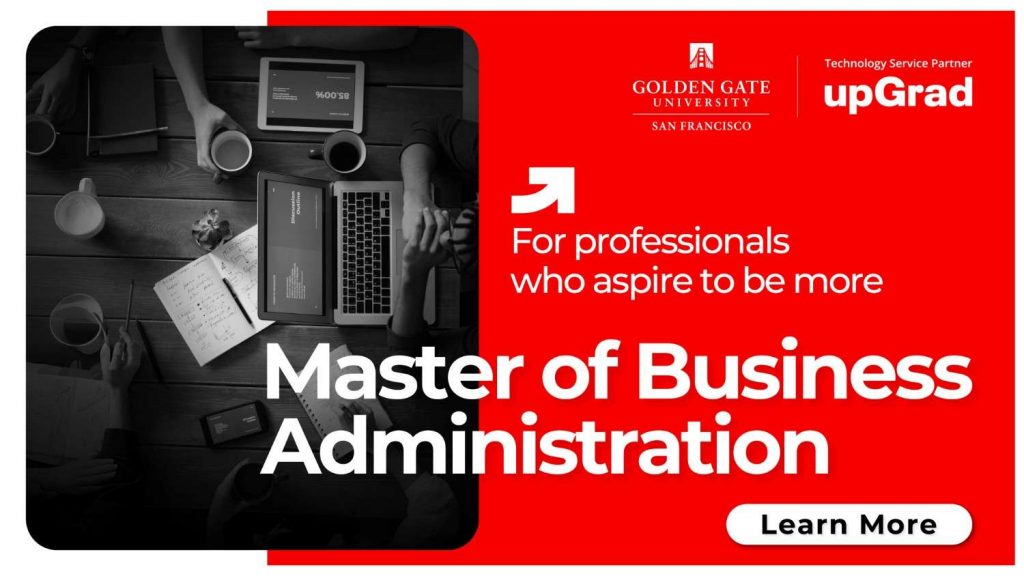Organizations frequently take a forward-thinking stance to remain competitive in today’s technology-driven business climate. However, they frequently find deciding between strategic planning and thinking skills challenging.
These organizations often fail to remember that, despite their similarity in sound, the terms have various meanings and contribute differently to an organization’s direction. Consequently, you are in the ideal place if you want to encourage efficient decision-making in your company.
Read this blog to understand the difference between strategic planning and strategic thinking skills.
What is Strategic Planning?
Strategic planning is the systematic and disciplined process of identifying an organization’s goals, assessing its current situation, and creating a plan to achieve them. It entails deciding which tasks to prioritize, assigning funds, and creating action plans that direct organizational decision-making.
Fundamentally, strategic planning converts an organization’s vision and objective into concrete actions. It offers an organized framework for coordinating the organization’s actions, competencies, and resources to produce the intended results.
What is Strategic Thinking?
The cognitive process of strategic thinking course includes the aptitude for scenario analysis, future planning, and creative strategy development. It focuses on an organization’s goals rather than only tactical decision-making and daily operations. The strategic thinking examples
entails a comprehensive business environment expansion, considering internal and external elements affecting an organization’s performance.
Fundamentally, this idea entails critically assessing the existing state of affairs, spotting possibilities and obstacles, and producing insights that influence the organization’s course.
Difference Between Strategic Planning and Strategic Thinking
| Aspect | Strategic Planning | Strategic Thinking |
| Definition | A structured process for defining goals and mapping out actions to achieve them. | A mindset focused on innovation, vision, and proactive problem-solving. |
| Focus | Specific goals and detailed steps to achieve them. | Overall vision and long-term success. |
| Approach | Linear and methodical, following a set plan. | Non-linear and dynamic, adaptable to change. |
| Flexibility | Rigid, with a clear and structured path. | Flexible and open to new opportunities and changes. |
| Time Frame | Long-term, typically spanning several years. | Both short-term and long-term, adaptable as needed. |
| Nature | Formal, documented process. | Informal, based on critical thinking and creativity. |
| Implementation | Detailed action plans with specific timelines and resources. | Innovative solutions and quick decision-making. |
| Evaluation | Regular monitoring and evaluation against set benchmarks. | Continuous reassessment and adjustment. |
| Examples | Setting a five-year plan to expand business operations. | Identifying and capitalizing on emerging market trends. |
| Risk Management | Focus on minimizing risks through detailed plans. | Embracing calculated risks to explore new opportunities. |
| Outcome | Achieving predefined goals through systematic execution. | Adapting to changes and driving innovation for long-term growth. |
Conclusion
Any firm needs to distinguish between strategic planning and strategic thinking. A defined path to follow is provided by strategic planning, but being flexible and prepared to take advantage of new opportunities is what strategic thinking does. By striking a balance between the two, you can ensure the company is ready for whatever comes next and can handle any unanticipated detours.
FAQs
1. Why is strategic planning important for a business?
Strategic planning is essential because it gives a company a well-defined and organized path to pursue. It supports objective setting, effective resource allocation, action prioritization, and progress tracking, guaranteeing that every effort is directed toward accomplishing the company’s long-term goals.
2. What are the critical elements of strategic planning?
Setting specific goals and objectives, creating thorough action plans, assigning the required resources, and implementing monitoring and assessment procedures are all essential components of strategic planning. These components guarantee that the company can monitor its development over time and has a clearly defined course to pursue.
3. How often should a company review its strategic plan?
A business should periodically examine its strategic plan—usually once a year but also anytime there are significant shifts in the organization or the market. Frequent evaluations ensure the strategy stays current and enable modifications in response to fresh data and evolving conditions.
4. How can a company encourage strategic thinking among its employees?
A business can promote strategic thinking by creating a transparent and cooperative work atmosphere, promoting original problem-solving techniques, offering professional growth opportunities, and praising and rewarding unique ideas. To foster a strategic mentality across the entire business, leadership should also engage staff in decision-making processes and set an example for strategic thinking habits.












.png)








